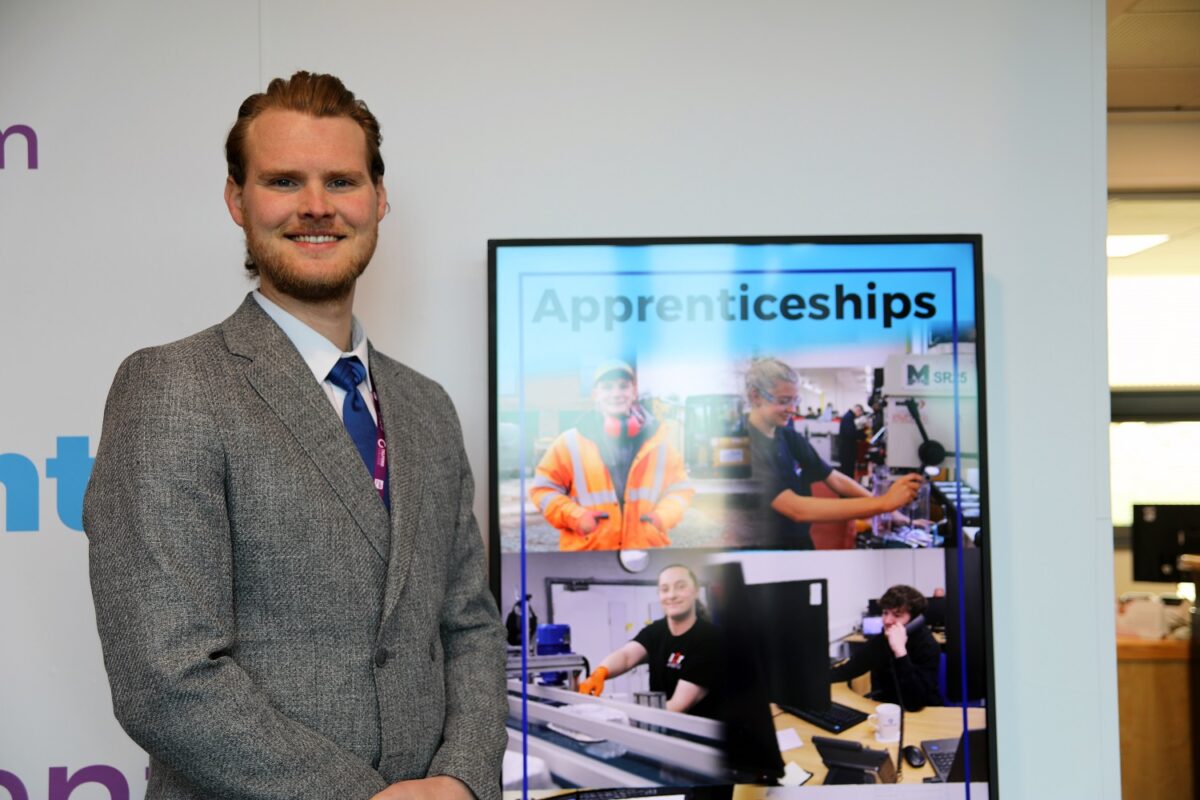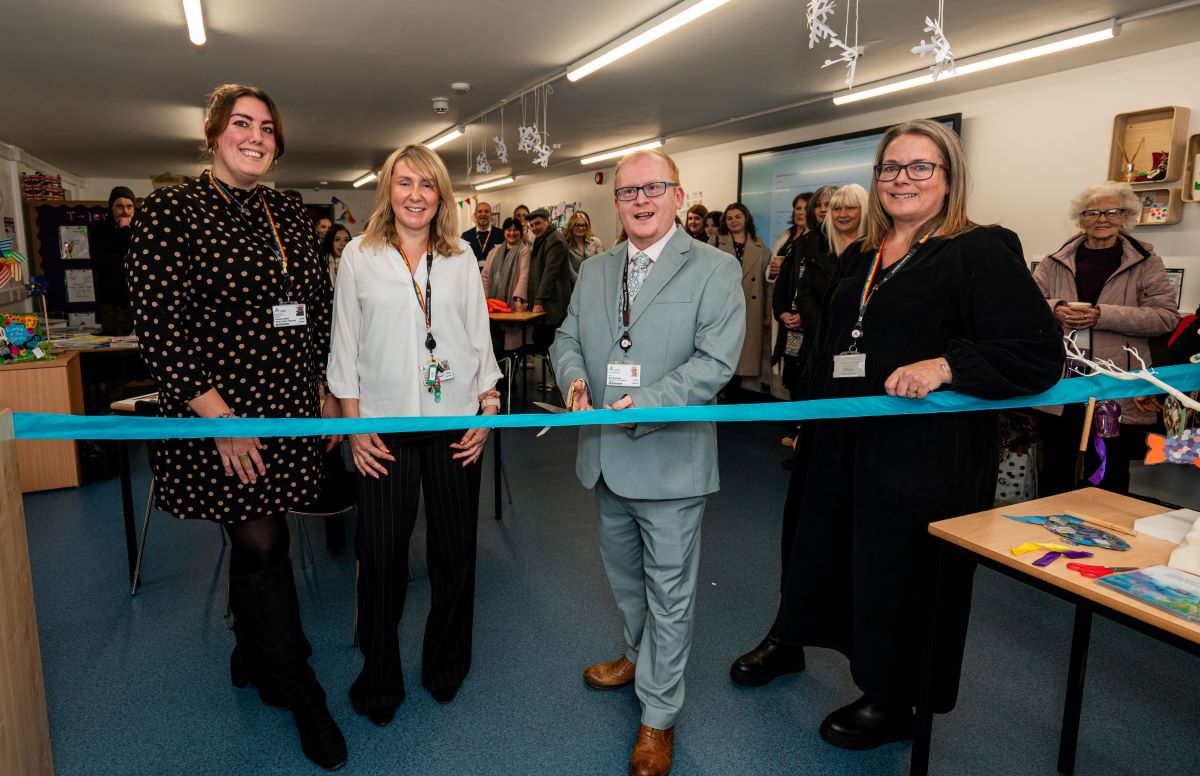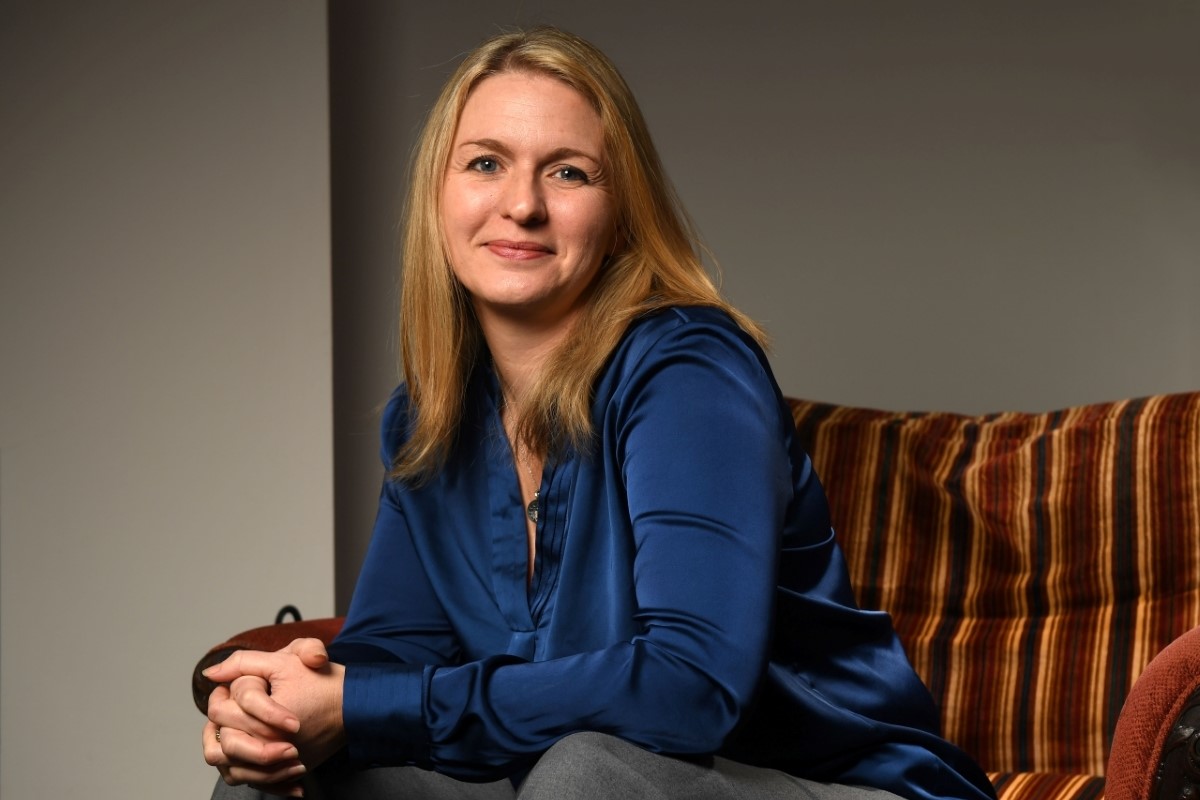Major new study sheds light on the hidden potential of students in Sunderland

A major new study reveals that many secondary school students in Sunderland need more support to be able to reach their full potential, across a range of personal, social, and educational areas.
Commissioned by education charity SHINE and conducted by the University of Sunderland, the study highlights the importance of high-quality support provided by schools and families, and the opportunity to work in partnership across the city.
The report incorporates extensive analysis of key data from 2018 to 2023, showing the challenges that disproportionately affect some students.
It finds that attainment at the end of primary school is a key determinant of grades at GCSE, and that factors such as socio-economic disadvantage, special educational needs, and disruptions to school attendance, are creating significant obstacles to academic success.
Researchers point to the strong support schools are providing already and highlight areas where additional help would be especially effective.
A result of 10 months of work, the in-depth study sourced evidence from more than 80 participants across the city, including headteachers, senior school leaders, teachers, parents, children, and representatives from charities and local agencies.
Key findings from the study:
- Significance of prior academic achievement: Students with lower prior attainment at primary school often struggled to achieve higher grades at secondary school. Literacy emerged as a specific area where early and consistent support is needed.
- Effect of low-income backgrounds: Students who receive free school meals generally have lower grades and show less academic progress compared to their peers. The effect is even more noticeable among students who previously performed best in primary school.
- Impact of attendance and exclusions: Lower attendance rates and higher suspension rates were found to have a direct correlation with lower GCSE attainment. Students who have received at least one suspension or who were regularly absent from school often showed declines in grades. This impact was also especially strong for students who previously had high prior achievement levels.
- Social and emotional barriers: Strong mental health, and positive relationships between schools and families, were also associated with higher attainment. The report recommends support could be further strengthened in these areas. It also calls for more connections between secondary and primary schools, to better prepare children for the challenges of moving school.
- Aspirations and careers: Children would also benefit from access to additional personalised support in school and understanding more about the opportunities available to them when they leave.
Associate Professor Sarah Martin-Denham of the University of Sunderland, lead author of the report, notes that barriers to learning are not merely academic but are closely linked to students’ life circumstances: “We are seeing patterns where socio-economic status, health needs, and family circumstances create significant educational disparities that, without targeted intervention, can continue to grow,” she said.
Using the findings of the study, SHINE is launching a 10-year, £11 million funding initiative. SHINE Sunderland aims to help secondary schools develop tailored projects that can unlock student success and connect them in a network to share good practice across the city.
The research paper made several recommendations which have informed SHINE’s criteria for the first phase of the fund.
Initially, SHINE will seek to support projects that:
- Improve literacy skills by implementing evidence-informed approaches that improve standards across the cohort.
- Provide the foundations for successful transition between primary and secondary school to improve secondary school outcomes.
- Address underlying barriers that prevent children from reaching their full potential, including, but not limited to, mental health challenges, attendance, parental engagement or SEND.
- Improve aspirations and engagement, and offer enriching educational experiences, especially for disadvantaged students with high prior attainment.
Applications for SHINE Sunderland are now open, giving secondary schools in Sunderland the opportunity to propose transformative projects that can address the issues outlined in the report.
SHINE CEO Fiona Spellman said: “This report highlights a real opportunity to put many more young people in Sunderland on the path to success. Thanks to our incredible supporters, SHINE is committed to working with schools and teachers across the city over the next decade, to help many more young people in Sunderland achieve their full potential.”











Responses